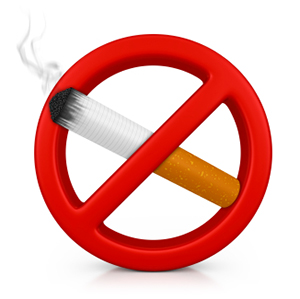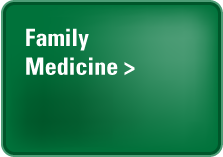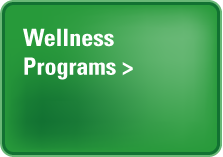 Nicotine Replacement Therapy (NRT) can assist in reducing withdrawal symptoms. This may come in the form of patches, gum, lozenges, inhalers, nasal sprays or oral medication. Doctors On Call can review the advantages and disadvantages of each therapy and help you to make the best informed decisions.
Nicotine Replacement Therapy (NRT) can assist in reducing withdrawal symptoms. This may come in the form of patches, gum, lozenges, inhalers, nasal sprays or oral medication. Doctors On Call can review the advantages and disadvantages of each therapy and help you to make the best informed decisions.
What is nicotine addiction? The average smoker takes about 200 hits of nicotine per day - 70,000 hits per year. The brain is always looking for more nicotine.
What is nicotine withdrawal? When you stop smoking, the nicotine receptors in your brain continue to crave nicotine. The majority of people feel better in 1-2 weeks, and the symptoms are usually gone in 3 months. Some common withdrawal symptoms:
- Anxiety
- Craving for nicotine
- Challenge with concentrating
- Food cravings
- Headaches
- Irritability
How do I get started with quitting?
Make the decision to quit by reviewing your reasons for quitting, such as your physical and psychological health.
How do I anticipate risky situations and how do I prepare for them?
Know the situations that may trigger your cravings. Below are some examples:
- Social events
- Drinking alcohol
- Drinking coffee
- Driving in the car
- Using the phone
- Stressful situations
Be prepared to address these triggers and confront the oral addiction by having supplies ready at all times. Here are some examples:
- Carrot & celery sticks
- Gum
- Candy
- Toothpicks
How do I get support?
- Let your friends & family know your goal.
- Remove all ashtrays, lighters, cigarettes & matches from your life.
- Clean & freshen your environment — car, home & work.
- Locate community and online support groups.
What about Nicotine Replacement Therapy?
Nicotine Replacement Therapy (NRT) can assist in reducing withdrawal symptoms. This may come in the form of patches, gum, lozenges, inhalers, nasal sprays or oral medication. Doctors On Call can review the advantages and disadvantages of each therapy and help you to make the best informed decisions.
Call Doctors On Call now to get started at 330-386-6339.
 Nicotine Replacement Therapy (NRT) can assist in reducing withdrawal symptoms. This may come in the form of patches, gum, lozenges, inhalers, nasal sprays or oral medication. Doctors On Call can review the advantages and disadvantages of each therapy and help you to make the best informed decisions.
Nicotine Replacement Therapy (NRT) can assist in reducing withdrawal symptoms. This may come in the form of patches, gum, lozenges, inhalers, nasal sprays or oral medication. Doctors On Call can review the advantages and disadvantages of each therapy and help you to make the best informed decisions.



